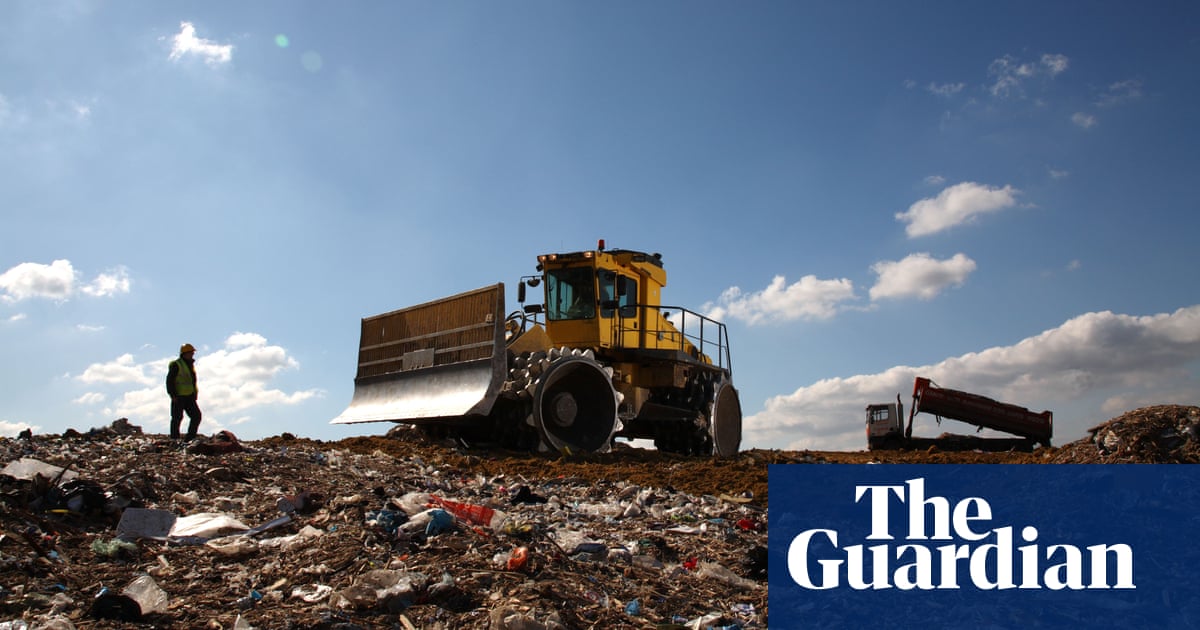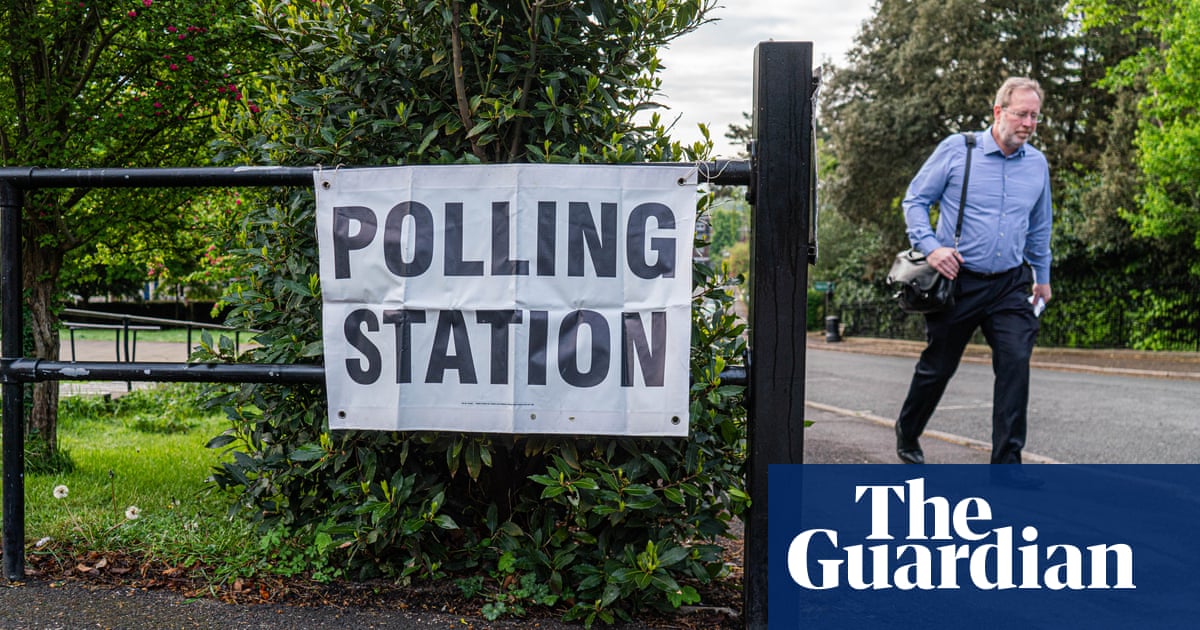There are at least three major concerns to raise with the government’s apparent betting the future of the UK on so-called artificial intelligence (‘Mainlined into UK’s veins’: Labour announces huge public rollout of AI, 12 January).
First, as Prof Shannon Vallor at the University of Edinburgh has pointed out in her book The AI Mirror, generative AI is not creative; it only looks backward. It can only remix and reproduce what we have done before, the same errors, failures and biases that have got us into our current mess.
Second, there’s the question of resources. One study suggests the same work done by AI systems can use 33 times as much energy as a traditional program; Ireland is already seeing about a third of its electricity going into datacentres. How much AI can the planet afford?
Third, if the government’s extremely austerity-limited resources are directed towards moving into AI, then it is not actually tackling the pressing problems of poverty, terrible public health and environmental destruction: changing processes does nothing in itself to deliver results.
You could add in privacy and data control concerns, security, resilience – and a concern about this government following the last in clinging desperately to rhetoric about “world-leading”. How about we focus on delivering a healthy, functioning democracy and society, rather than trying to “beat” any other nation.
Natalie Bennett
Green party, House of Lords
It appears from your report that Labour’s embrace of “renewables and small modular nuclear reactors” is not intended to replace the energy sources that supply our current needs, and thus help us move to a more humane and sustainable way of life on our fragile planet. It is instead aimed at fuelling “energy-hungry AI systems” and being onside with the world’s biggest technology companies.
So much for dealing with the fundamental causes of climate change, which are rooted in our obsession with growth, and the endless growth in consumption needed to sustain it. This is why our most beautiful valleys and landscapes are to be despoiled with miles of huge pylons – to enable Microsoft and others, who already exert huge influence over our lives, to become even richer and more dominant while the rest of us just have to accept the risks that AI poses to our livelihoods and our security.
Christopher Tanner
St Ives, Cambridgeshire
The government is placing immense faith in AI as a means of improving the economy and living conditions in the UK(Why Starmer and Reeves are pinning their hopes on AI to drive growth in UK, 12 January).
It might help the Treasury if they asked a well-known search engine for advice on how to improve and finance public services. Its AI summary’s first recommendation is to invest more in public health, youth services and benefits and to increase taxation. I’m not holding my breath.
Philip Ward
Sheffield
I’m afraid most of us don’t wish to join the Labour genuflection before the altar of AI. We foresee the jobs lost and the personal information shared with some of the planet’s more unsavoury characters. Palantir, chaired by the Trump acolyte billionaire Peter Thiel, already runs the NHS’s federated data platform. How long before the chums in UnitedHealth access the details to flog us health insurance? Rachel Reeves may dream that she can now ask Alexa how to “grow” the economy, but we mere mortals can still recognise snake oil when we sniff it.
The perceptive AI commentator Helen Beetham has written: “Despite AI’s known biases and colonial histories, its entirely predictable use to target women and minorities for violence, to erode democratic debate and degrade human rights; and despite the toxic politics of AI’s owners and CEOs, including outright attacks on higher education – still people will walk around the herd of elephants in the room to get to the bright box marked ‘AI’ in the corner.”
Kevin Donovan
Birkenhead, Merseyside
It’s heartening that AI will now be used for spotting potholes, as clearly in the past councils have had such trouble finding them despite all the real intelligence received.
Giles du Boulay
Aylesbury, Buckinghamshire

.png) 3 months ago
33
3 months ago
33













































